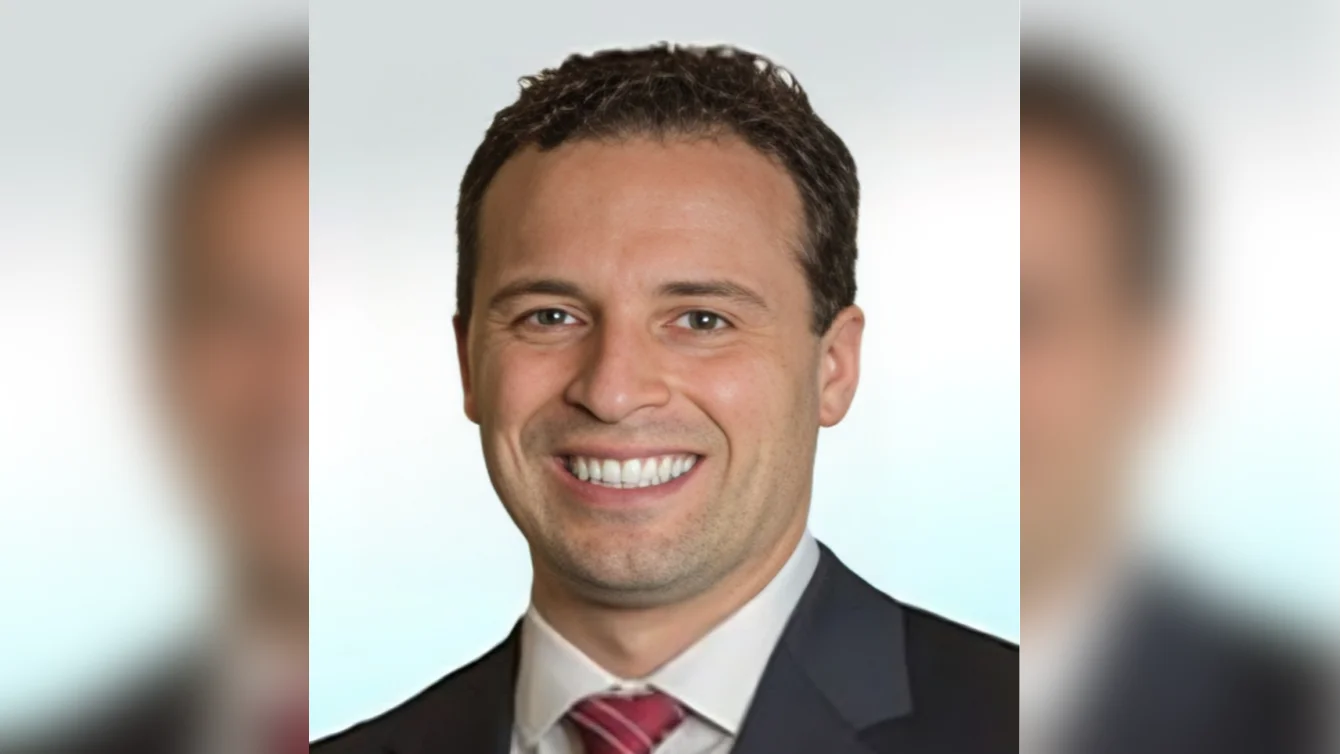
NJCJI President Anthony Anastasio has raised concerns about the practice of consolidating mass tort claims for trial, particularly in cases involving talc lawsuits in New Jersey. In a recent opinion piece, Anastasio argued that the core principle of the legal system is that each person's claim should be judged on its own merits. "Underpinning our legal system is the principle that every person’s claim rises or falls on its own merits," he stated. "Anyone who alleges harm needs to prove it."
Anastasio pointed out that some attorneys have sought to consolidate multiple plaintiffs' cases for trial as a way to obscure weaknesses in individual claims. "The lawyers highlight certain aspects from each plaintiff’s case and ignore their individual deficiencies to build their case around a composite ‘perfect plaintiff,’" he said. He warned that this approach could undermine the constitutional guarantee of a fair trial by potentially confusing juries and inflating damages awards through emotional responses rather than facts.
He further noted, "Judges and other legal experts agree this tactic confuses juries and distorts the search for truth." Citing research by social science experts, Anastasio explained, "Social science experts have found that juries hearing these types of batched and blended cases are more likely to find against a defendant, become angry, and issue higher awards, including punitive damages. The result is a distortion of justice in all aspects of the case." He added that federal appellate courts nationwide have warned about the risks consolidation poses to maintaining fairness in civil justice.
Beyond issues of fairness for defendants, Anastasio expressed concern about broader economic effects. He stated that large verdicts can force companies to allocate more resources toward litigation defense, which may raise business costs and discourage innovation or hiring. According to Anastasio, this dynamic could also prompt companies to relocate operations to states perceived as having more balanced civil justice systems.
A copy of Anastasio’s full opinion piece is available online.